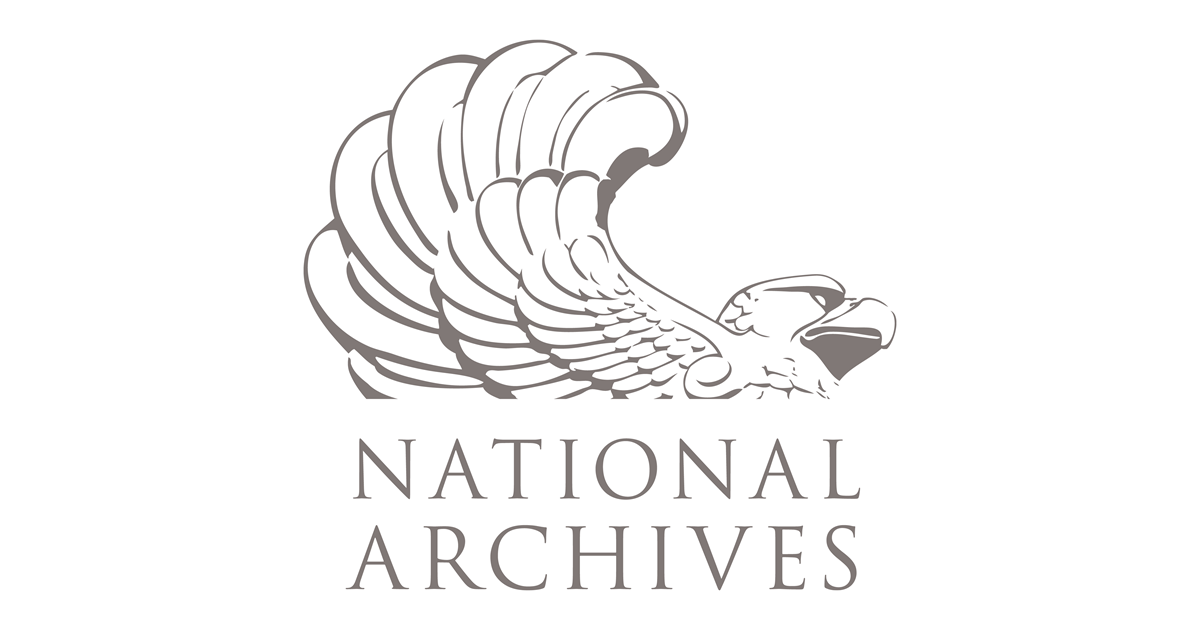ZenMode
Well-known member
No, I've never spoken to Jack Smith. I've seen pictures of the documents. The FBI made recommendations to secure the documents, not so Trump could keep them, but to secure them until they got them (or took them) back.Really? Did Jack Smith tell you that? Yet the FBI had inspected the facility the previous month and made some minor recommendations.
Apparently, you like being gaslighted, lied to and gulp down a lot of DNC koolaid.



